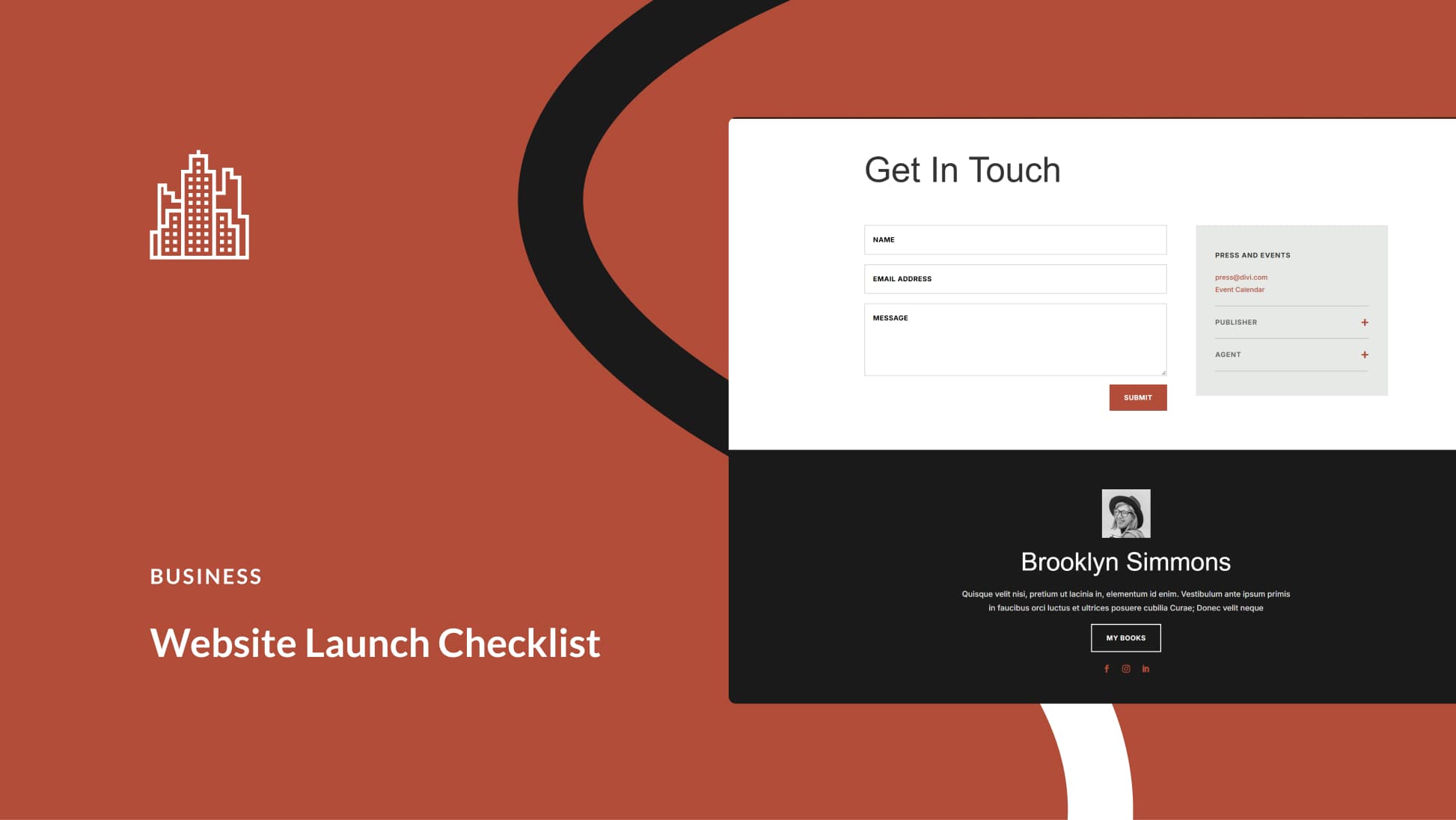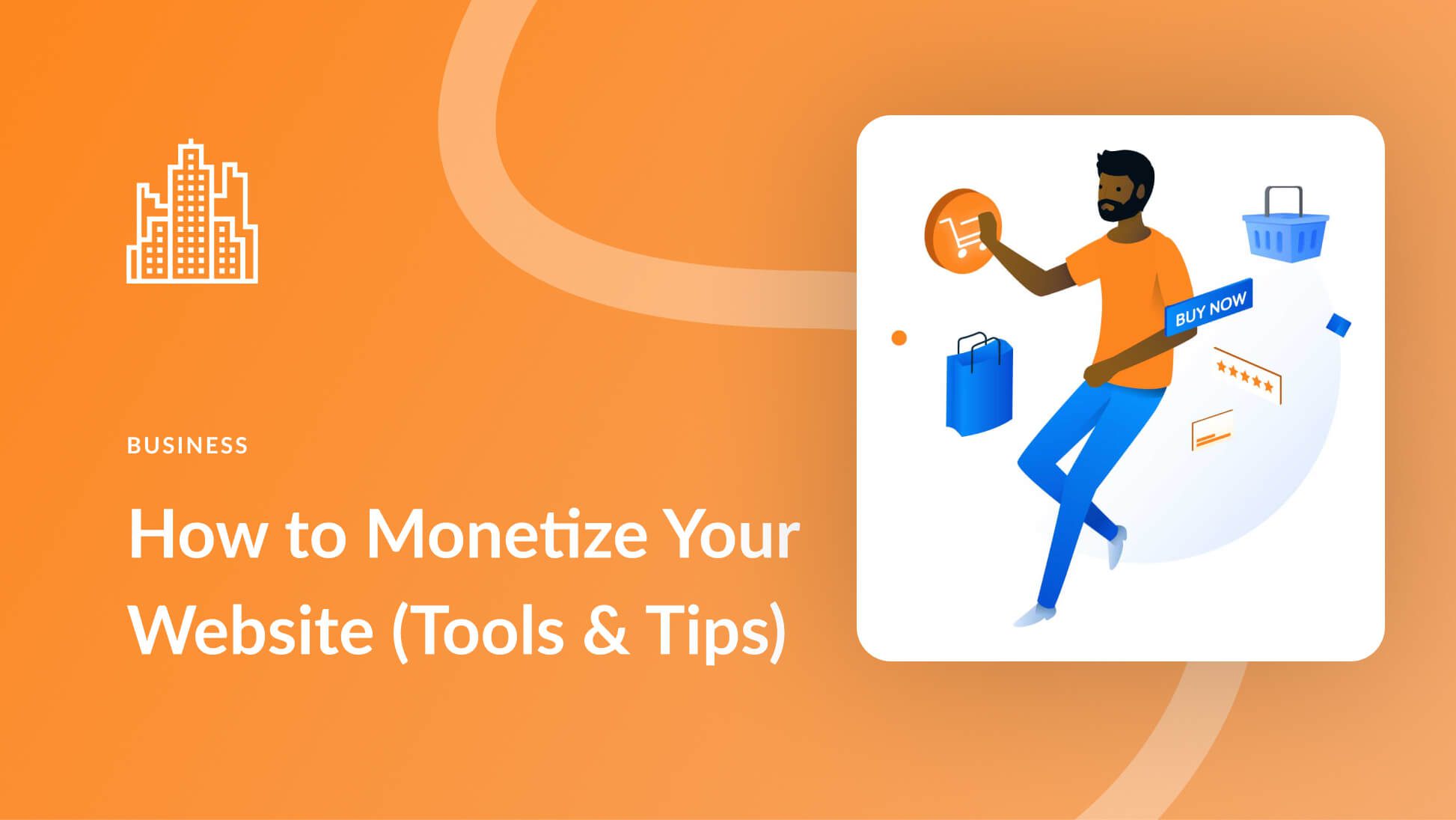Underhanded sales tactics are nothing new. Experiences salespeople know all the tricks to convince you to make a purchase, and some approaches are sneakier than others. For example, the use of ‘weasel’ words can imply something that isn’t the case, which could leave customers feeling shortchanged.
There are a lot of weasely phrases that could raise a red flag during sales. In this article, we’ll talk about the concept of “weasel words” in general and why you need to consider a more direct approach. Then we’ll talk about four ways you can close a sale without being sneaky about it. Let’s talk conversions!
What Weasel Words Are (And Why You Should Avoid Them)
Weasel words are terms you can use to misdirect the reader when it comes to the general meaning of the phrase. Let’s go over a simple example to illustrate how they work. Take the line, “This treatment will make your hair grow fuller.” Here are three versions of it using weasel words:
- “Research says this treatment should help your hair grow fuller.”
- “This treatment will possibly help your hair grow fuller.”
- “Many users report this treatment helped their hair grow fuller.”
In a nutshell, any words or phrases you use to deflect giving a straight answer, or to give yourself some ‘wiggle room,’ fall under the category. Alternatively, consider them a word or phrase that lets you make bold claims without backing them up.
Once you begin to recognize them, you’ll see weasel words are everywhere. Advertising in particular is prone to this, such as:
- This cutting-edge treatment will whiten your teeth in no time!
- 40% of our customers love our products.
- I would say this is the perfect car for a man like you.
- This cologne will help you feel more confident.
- Support the environment by using our products.
There are so many variations when it comes to weasel words that it’s impossible to cover them all. Just know, the next time you’re trying to make a sale, if you’re looking for words to help you sidestep the truth, you’re channeling your inner weasel.
Why You Shouldn’t Close a Sale Sneakily
Let’s be honest – you can get a lot more sales by being sneaky, which is part of the appeal of using weasel words. There are a significant number of industries that survive by making promises they cannot keep. They push products and services while making outrageous claims and earn a lot of money while they’re at it.
In practice, however, there are two problems with this approach:
- You might earn more money in the short term, but you won’t get a lot of repeat business.
- Lying to your customers is pretty awful. Arguably not on the same level as some heinous acts, but still pretty darn bad.
For a lot of people who work on generating sales, those short-term earnings are all that matters. However, there are several reasons why you should be prioritizing repeat business.
Customers who have already bought from you tend to spend more money when they return. They’re also easier to sell to because you’ve already established a baseline of trust. Likewise, loyal clients are more likely to recommend you to other people.
However, all this goes out the window if you close a sale sneakily. Once those customers realize they were lied to, most of them won’t come back and plenty will be mad enough to badmouth your business.
How to Close a Sale Without Being Sneaky (4 Tips)
You don’t need a silver-tongue or weasel words to close a sale. In the context of online sales, there are a lot more direct and honest approaches you can take, such as the following four tips.
1. Focus on Factual Benefits
The number one rule when it comes to building a loyal base of customers is: be honest with the potential buyer.
To give you an example of how to go about closing a sale the right way, let’s say you run a hosting company. You want to convince users to sign up for a Virtual Private Server (VPS) since they’re your biggest money maker. With this in mind, you put together a list of benefits, including:
- Guaranteed blazing fast performance.
- Almost 100% uptime.
- Access to powerful e-commerce software to help you make sales.
- An around-the-clock cutting-edge support team.
There might be some truth in the list of features you showcase, but it’s hidden under a thick layer of weasel words and advertising speak. A more appropriate approach would be to say:
- Access to dedicated resources to optimize your performance.
- 99.5% uptime.
- Support for dozens of e-commerce platforms.
- 24/7 technical support.
Since we’re talking online sales, many will happen without any direct interaction between you and the end-user. This means you need to keep your copy honest. Stick to the facts when it comes to your product or service’s features and benefits and you’ll be golden.
2. Be Direct When Answering Customer Questions
Some online businesses do require you to interact with users to various extents before making a sale. For example, if you’re a freelance web developer and you have a portfolio to generate leads, you’ll usually close the ‘sale’ via either email or a call.
If someone contacts you to talk about your services, it means they’re already seriously considering hiring you, but they might have reservations. At this stage, closing the sale hinges on how well you can sell yourself and assuage any doubts they might have.
A lot of online businesses don’t take the time to properly answer customer inquiries, which means losing out on a lot of potential sales. The best thing you can do is avoid using cookie-cutter answers or blanket (weasely) statements such as:
- The vast majority of our customers are happy with the service!
- Tests show we provide better performance than the competition!
- I’m one of the best in the business, so you’re in good hands!
Most people don’t want to feel like they’re being ‘sold’ to. Instead, you’d want to have all the information you need available to make a smart decision on where to spend your money. If you provide this upfront, you may find yourself with a lot of repeat business on your hands.
3. Don’t Try to Oversell Customers
One of the hardest parts of being a modern consumer is that businesses will try to sell you on more expensive items than you really need. If you want to buy a car, you’ll be offered a luxury vehicle. Going to buy a simple coffee machine will see salesmen pressuring you to get an espresso maker (which are awesome, by the way).
Overselling is an effective way to increase your revenue per customer, make no mistake. However, it also means some will end up resenting spending more money than they wanted when the reality sets in.
Going back to our web hosting company, let’s say you’re trying to close a sale with a potential customer. According to what they’re saying, they probably only need a basic shared plan. Here are two approaches to the ‘upsell’ you might take:
- “I would say you need one of our cutting-edge dedicated servers because they provide better performance and you’ll experience less downtime.”
- “From what you’re telling me, one of our shared hosting plans should be perfect to start with and you can upgrade to something more powerful later on if you need to.”
Statement number one is blatant overselling, to put it simply. However, the second approach shows you understand what the customer needs, without trying to sell them on something unnecessarily expensive.
4. Follow Up Without Being Pushy
Ideally, every person who visits your website would decide within one visit whether they want to make a purchase or not. However, that very seldom happens. It’s more likely visitors will think it over, add a product to their carts, leave it there for a while, come back later, and finally make the purchase.
What’s more, some will need an additional nudge to get them to the final stage. If you look at your inbox right now, we’re willing to bet you’ll see a lot of follow-up messages from businesses you’ve previously dealt with. The goal of these is to get you thinking about the items or services you’ve thought about purchasing. In plenty of cases, just the reminder alone is enough to get users to convert.
You don’t want to be too pushy in your follow-up emails. Some websites take it too far and dive into the territory of weasel language to try and convince you. Some examples would include:
- “You were looking at X product and 90% of users who bought it were happy with their purchase.”
- “We’re hoping you’ll come back! Buying this lawnmower can help you keep your yard looking gorgeous.”
- “You may also be interested in X other products.”
At this stage, users probably have a good idea of whether they’re really interested in making a purchase or not. If they were, perhaps they’re waiting for the perfect time and your follow up can give them the gentle push they need. On the other hand, being too pushy may get you a direct ticket to the spam folder.
Conclusion
If you need to weasel around the truth to make a sale, you’re going about it all wrong. When making sales online, language is key, but there are plenty of ways to make conversions without stretching the truth.
Some examples of sales techniques that work to build trust over the long term include:
- Focus on factual benefits.
- Be direct when answering customer questions.
- Lead customers towards more appropriate options if available.
- Follow up without being pushy.
What do you think is the most important factor when it comes to closing a sale? Share your thoughts with us in the comments section below!
Article thumbnail image by Maquiladora / shutterstock.com









In order to sell more, you don’t have to lie. Honesty always win in long term.
Thanks for your comment Oscar, couldn’t agree more.
Excellent article highlighting a real problem especially with some online business’s, being honest with clients and delivering what was promised is a building block to a long term business.
Integrity is an absolute must in business to business trade and negotiations, and people with integrity are truthful people.
Thank you very much Ray, glad you liked it 🙂
We’ve never tried to “sell” and have been 100% booked for 18 years. It is just the right thing to do.
That is another good way of looking at it, thanks Trudy
Design everything visually.
* except any Woo commerce product or category page.
“By John Hughes
John is a blogging addict and WordPress fanatic”
How does that show the author as credible for marketing advice? Sure, much of the article is reasonable, but there is good reason to describe benefits in terms of how they will help the buyer. Why do you think so much mainstream and reputable advertising does it? The examples of how to we should phrase benefits seem poor examples of successful marketing.
We are being told in this article to go to an extremes that virtually no major consumer company in America does, but there is nothing to indicate the person writing this has any reason to know better on these issues.
PS No I’m not arguing against the title of the article. I’m arguing some examples are poor and some of the advice given seems more puritanical than practical.
Very nice…
The best thing in sale, is honesty!
Be successful!
Thanks M.hoss